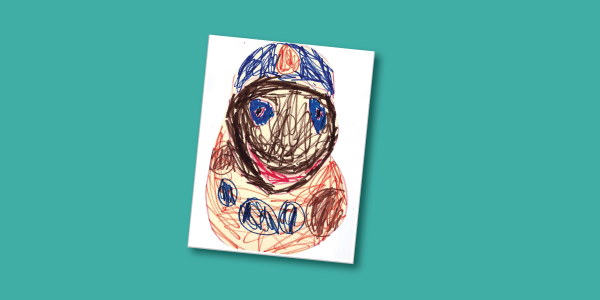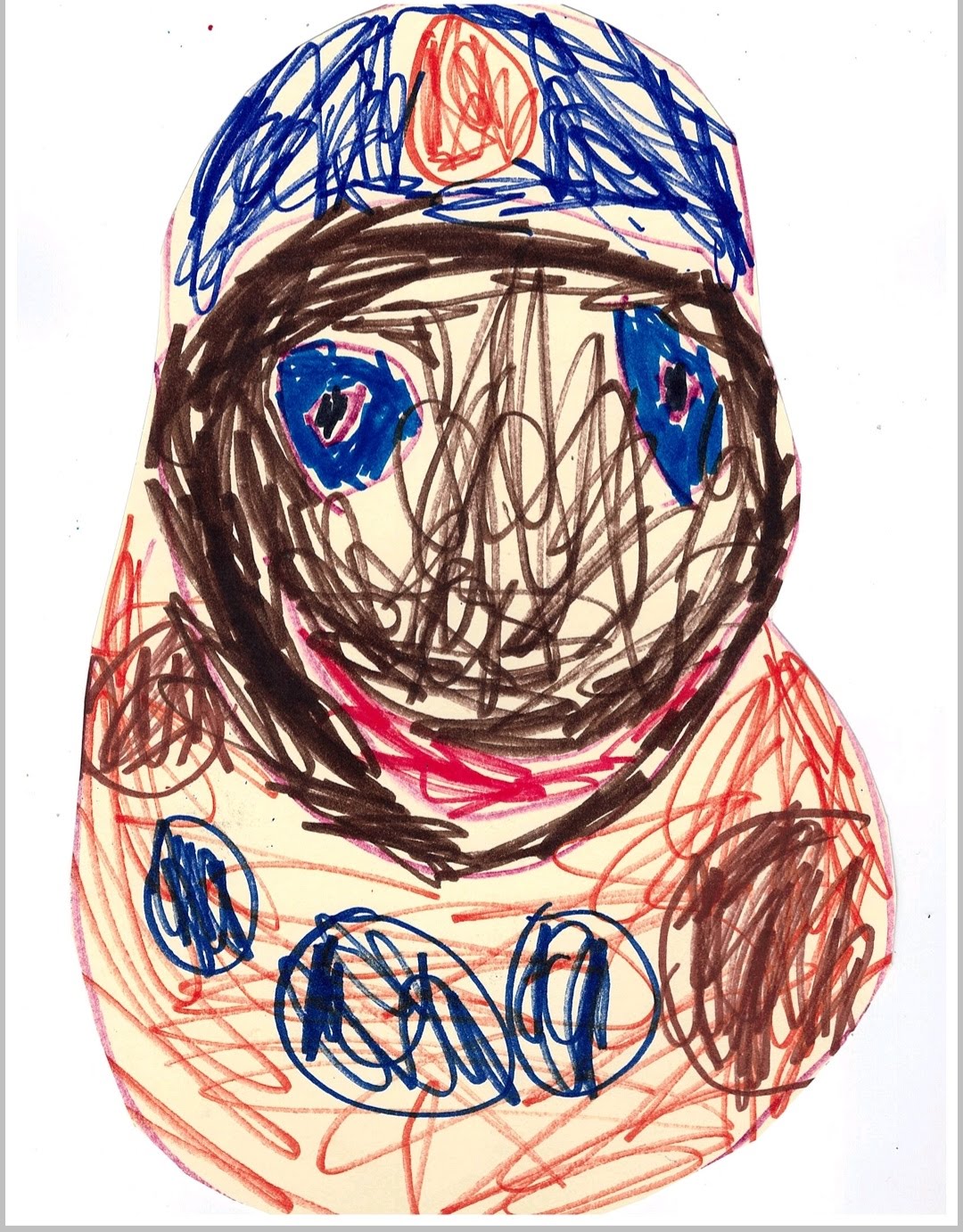Knowledgeable and Engaged Young Citizens: Social Studies in Early Childhood

You are here
In a preschool classroom just outside of Washington, DC, children were talking, drawing, and writing about what they would do if they were the president of the United States. They had lots of ideas!
- If I were president, I would teach people our song [about kindness and taking care of each other].
- If I were president, I would make people be nice to each other.
- If I were president, I would help pick up garbage.
- If I were president, I would let the Washington Capitals hockey team sleep at the White House.
- If I were president, I would make the world better.
Their teacher was struck by how the children were concerned about each other and the world around them rather than the idea of power. (None of the children mentioned that they would tell everyone what to do.)
While certain content areas dominate preschool and primary grades curricula, early childhood is not too early for social studies, which includes examining neighborhoods, community, and what it means to be a member of a group.
This issue of Young Children focuses on some of these key concepts and effective practices for promoting early social studies. Each article offers in-depth explanations and powerful examples of social studies teaching and learning in early childhood settings. In addition, there is an emphasis on significant, rich integration across content areas. Social studies skills, knowledge, and dispositions cannot be meaningfully learned in isolation in the early childhood curriculum. They also cannot be understood and taken up by children if separated from their own lives, which is another thread throughout the issue. Children need opportunities to question and to learn about big issues that affect them, their families, and their communities. They are capable of participating in and shaping these learning experiences, and they are capable of taking action to address real-life topics and issues. Participating in social studies in authentic, integrated ways will foster the engaged citizens we need for a democratic society.
Opening this cluster, Anna Falkner and Noreen Naseem Rodríguez outline a framework for social studies in “Toward an Equity-Centered Approach to Early Childhood Social Studies.” They demonstrate its principles through examples of a kindergarten teacher and children investigating an issue and taking steps toward civic action in their community. In their accompanying Rocking and Rolling column, “Supporting Curiosity and Inquiry in Early Social Studies,” the authors explore social studies activities for infants and toddlers.
Also showcasing an integrated, equity-focused approach is “Powering Up: Interdisciplinary Project-Based Learning for Young Engaged Citizens” by Crystal N. Wise, Betül Demiray Sandıraz, Melanie M. McCormick, and Anne-Lise Halvorsen. The authors detail what project-based learning is and offer six guidelines for early elementary educators planning and implementing project-based learning with a social justice focus.
Recognizing the importance and complexities of teaching history in the early childhood curriculum, Leslie La Croix, Bweikia Foster Steen, and Colleen K. Vesely write about “Using Historical Fiction with Young Children to Spark Historical Inquiry with Anti-Bias and Anti-Racist Lenses.” Grounded in their work with pre- and in-service teachers, the authors provide a four-step process for incorporating historical fiction with anti-bias and anti-racist approaches to nurture social studies learning.
In “Liberty and Justice for All: Play as a Vehicle for Democratic Citizenship Skills,” Erin M. Casey, Tabitha Christie, and Rebecca Waggoner link children’s play with elements of a democratic society. Through examples from preschool through primary-grade settings, they illustrate how play—and teachers’ scaffolding of it—promote social studies thinking and practices in young children.
Finally, Emily Dorsey, Natalie Danner, Alisha L. Lewis, and Michaelene M. Ostrosky examine “Learning, Practicing, and Exhibiting Leadership: Helping Children Develop as Classroom Leaders.” The authors emphasize that all children can develop qualities of leadership and that early childhood educators can nurture leadership by focusing on citizenship, peer supports, and shared decision making in their settings.
Social studies education has an essential place in the early childhood curriculum. Too often, history, civics and government, geography, and economics are missing from young children’s daily learning in ways that make sense for them. We hope this issue supports you as you intentionally reflect on, plan for, and teach the skills, knowledge, and dispositions children need to participate in and make a difference in their local communities and beyond.
—Annie Moses
As you read the articles in this issue, consider:
- How comfortable are you with teaching social studies in your setting?
- What is one strategy you learned from this issue that you can apply to increase children’s social studies learning and engagement?
- How might you encourage children’s development of democratic citizenship skills during planned activities and guided play?

When asked at school what he looked like as a baby, a 5-year-old created this self-portrait of his younger self wrapped in a blanket.
Is your classroom full of children’s artwork? To feature it in Young Children, see the link at the bottom of the page or email [email protected] for details.
 We’d love to hear from you!
We’d love to hear from you!
Send your thoughts on this issue, and on topics you’d like to read about in future issues of Young Children, to [email protected].
Would you like to see your children’s artwork featured in these pages? For guidance on submitting print-quality photos (as well as details on permissions and licensing), see NAEYC.org/resources/pubs/authors-photographers/photos.
Photograph: © Getty Images
Copyright © 2024 by the National Association for the Education of Young Children. See Permissions and Reprints online at NAEYC.org/resources/permissions.
Annie Moses, PhD, is director of periodicals at NAEYC and serves as editor in chief of Young Children and Teaching Young Children.
